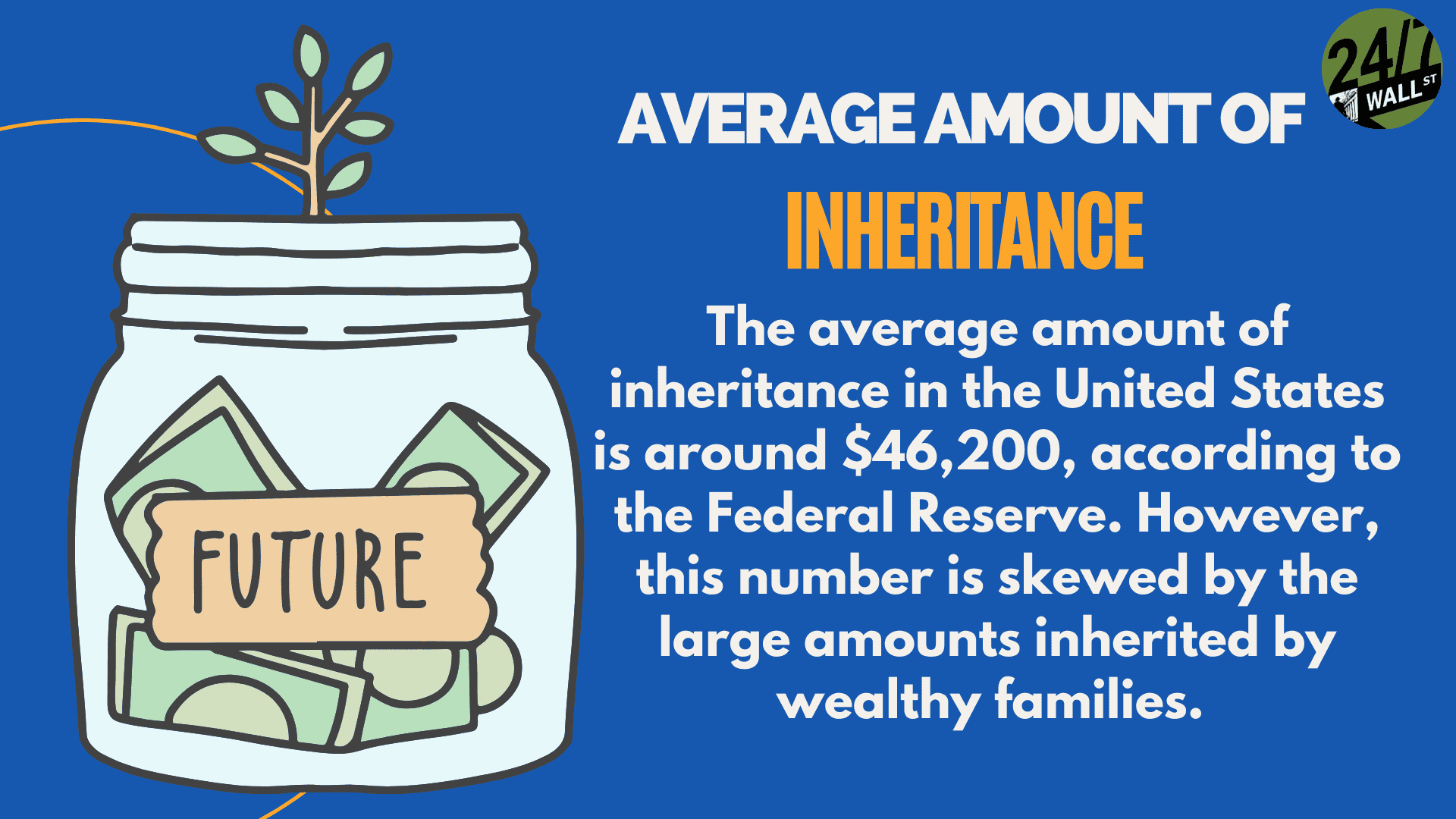Personal Finance
My wife and I are coming into a load of cash - should we pay off the mortgage or save the money for our kids college fund?

Published:
Last Updated:

Financial windfalls are a magnificent thing that can help one get miles ahead in their financial journeys. Undoubtedly, if you’re fortunate enough to receive a windfall (a significant gift or inheritance from a loved one), you shouldn’t seek to splurge with it. At the end of the day, a financial windfall may not be so-called “hard-earned money,” but that does not mean you shouldn’t use the sum prudently.
In this piece, we’ll look at the case of a poster on the r/DaveRamsey subreddit who’s wondering how they should best allocate their windfall to get ahead. The person who’s married recently took on a mortgage on a home with a rather minimal sum ($150,000) left to be paid off.
Additionally, there’s a new child thrown into the equation, making financial matters that much more complex. As you may know, it can cost a small fortune to raise a child from birth to college. And that’s not even considering college or university expenses you may or may not agree to cover!


Though it would be nice to use the windfall to treat oneself to a trip (I’m totally not against such if the need to unplug is there), I do think a smart course of action is to tackle the mortgage debt, especially while interest rates are still relatively high.
Indeed, chipping away at the high-interest debt (whether that be credit cards or the mortgage) would be where I’d put a generous financial windfall to work. If you can limit the interest you’ll pay, crushing the debt load is never a bad idea, especially if one’s other needs are already being met.
Of course, investing the windfall in stocks for the child’s education may also be the better course of action. While I don’t know how much interest they’re paying on the mortgage, I do think that the couple shouldn’t make a move on the expectation that stocks will return 10% (or more) every single year.
Arguably, we just had a superb year, with the S&P 500 returning 26.6%. If we’re in for another big year in 2025, then sure, investing in an S&P 500 index fund could be the better move. However, if 2025 ends up returning a modest or even a negative amount, paying off debt would have been the better course of action.
In any case, the couple has some flexibility regarding their windfall. Perhaps paying off some of the mortgage debt and investing the rest could make sense if the windfall is large enough. Of course, we can’t know the optimal move since stock markets are so unpredictable.
In a recent piece, I highlighted Jamie Dimon’s caution over the potential for a stagflationary environment to occur. Combined with overheated valuations following last week’s Trump rally in stocks, perhaps it isn’t too far-fetched an idea to envision stock market returns coming up short, at least historically, over the next few years.
Despite less-than-sanguine market projections, I firmly believe that stocks remain the best asset class out there today for those willing to stay invested for a number of years. There are going to be big down years between the big up years and perhaps even a “lost decade.”
But if you’re playing the long game and are willing to stick it out, I certainly wouldn’t bet against the S&P 500. History is on America’s side, regardless of who’s in the White House. And given the extended investment horizon for their child (they’re more than a decade away from going off to college), putting the windfall on stocks makes a lot of sense despite the cautious tone of some Wall Street pundits.
I think the couple is on the right track, regardless of whether they pay off the mortgage or invest more in stocks for a college fund for their child. Given stocks can realistically return more over the extremely long term (15+ years), I’d personally lean on the side of investing the windfall in the child’s college fund over mortgage repayments.
Either way, both moves are responsible ways to put a windfall to work, and either decision will help the couple improve their financial footing en route to retirement. As always, the couple should ask a financial adviser because it’s important to know the intricacies and specifics before committing to a plan.
If you’re one of the over 4 Million Americans set to retire this year, you may want to pay attention.
Finding a financial advisor who puts your interest first can be the difference between a rich retirement and barely getting by, and today it’s easier than ever. SmartAsset’s free tool matches you with up to three fiduciary financial advisors that serve your area in minutes. Each advisor has been carefully vetted, and must act in your best interests. Start your search now.
Don’t waste another minute; get started right here and help your retirement dreams become a retirement reality.
Thank you for reading! Have some feedback for us?
Contact the 24/7 Wall St. editorial team.